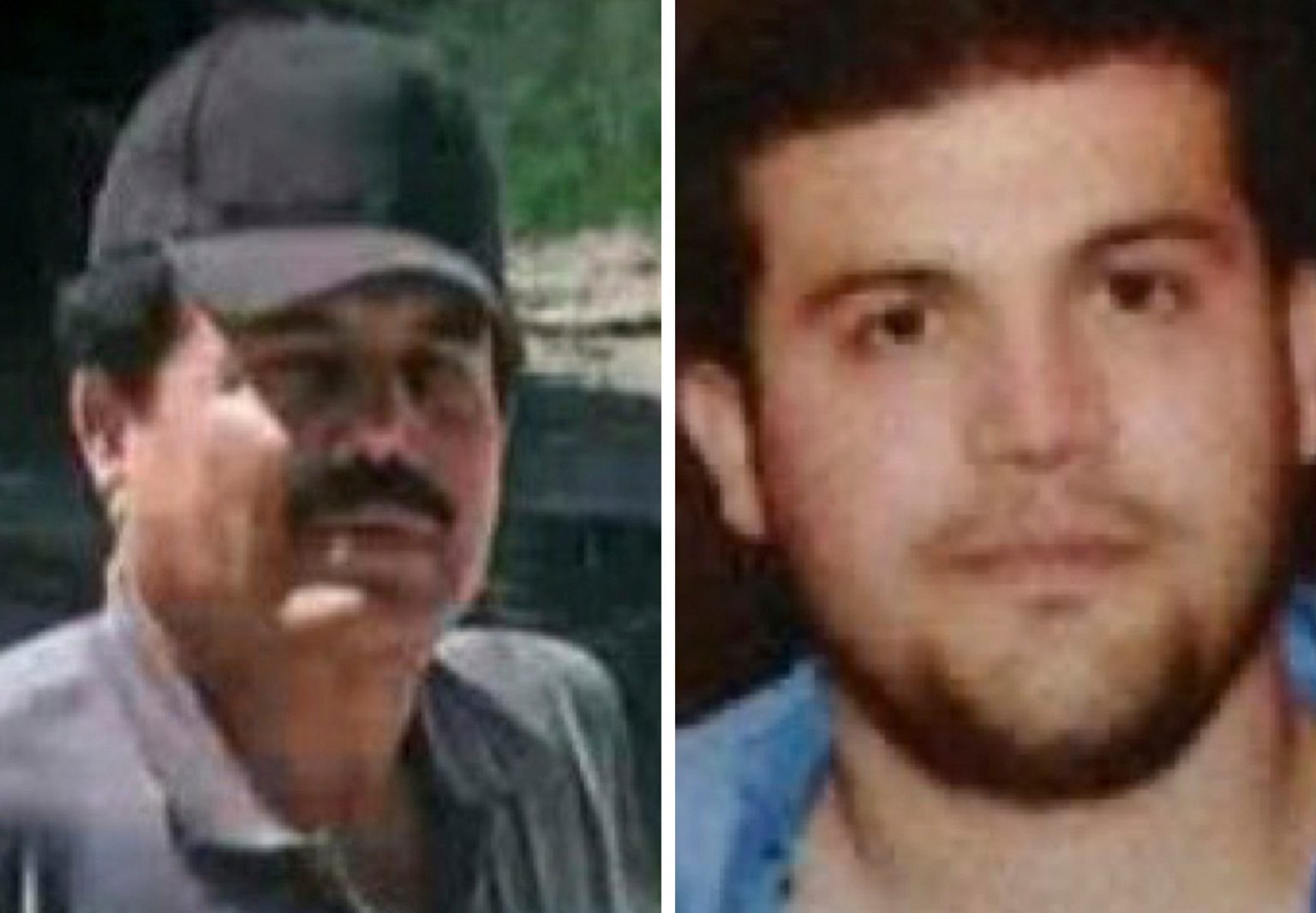The recent arrests of two high-ranking leaders of Mexico’s Sinaloa cartel, Ismael “El Mayo” Zambada Garcia and Joaquin Guzman Lopez, have stirred controversy and speculation surrounding the circumstances of their capture. Zambada and Guzman were brought to the US against their will, according to the US Ambassador to Mexico, while their lawyers have given conflicting accounts, with Guzman’s lawyer claiming it was a voluntary surrender. The arrests have further strained relations between the US and Mexico, with the Mexican government expressing concerns about sovereignty and transparency in the arrest operations.
Zambada’s long-standing criminal career began in the 1980s when he partnered with “El Chapo” to lead the Sinaloa cartel. Known for his business-focused approach rather than resorting to violence, Zambada has been indicted in the US since 2003. Guzman, on the other hand, is the son of “El Chapo” and part of a faction within the cartel known as “Los Chapitos.” The faction has been involved in drug trafficking operations, including the distribution of fentanyl, which US Attorney General Garland has described as the deadliest drug threat the country faces.
The capture of Zambada and Guzman has raised concerns about the potential impact on the future of the Sinaloa cartel. The rivalry within the cartel, particularly between Zambada’s faction and Guzman’s faction, could lead to an escalation of violence and power struggles. This could potentially open the door for other cartels, such as the Jalisco New Generation cartel, to exploit the situation and expand their territory and influence. The arrests mark a significant success for the US in its war on drugs, with President Biden emphasizing the need to hold drug traffickers accountable to save American lives.
Mexican and US authorities have offered conflicting statements regarding the circumstances of the arrests, with US Ambassador Salazar confirming that Zambada was brought to the US against his will. Mexico has called for more information from the US government, highlighting the lack of transparency in the operations. The strained relations between the two countries have been further exacerbated by the arrests, with the Mexican government showing sensitivity towards matters of national sovereignty. The upcoming inauguration of Mexico’s new president, Claudia Sheinbaum, adds a layer of uncertainty to the situation.
The impact of the arrests on bilateral ties between the US and Mexico remains a point of contention, with concerns about the extent of US involvement in cartel affairs fueling speculation. Mexico’s cooperation with the US in the war on drugs and migration policies has been tested under the leadership of President Lopez Obrador. The arrests of Zambada and Guzman risk destabilizing the delicate balance in the relationship, with disagreements over sovereignty and transparency adding to the strain. The US views the arrests as a significant step in combating drug trafficking and saving lives affected by the menace of fentanyl.
Overall, the arrests of Zambada and Guzman have brought to light the complex dynamics of the drug cartel landscape in Mexico and its impact on US-Mexico relations. The future of the Sinaloa cartel remains uncertain, with concerns about potential violence and power struggles emerging in the aftermath of the arrests. The need for transparency and cooperation between the two countries in tackling drug trafficking and related issues is crucial moving forward. The arrests represent a key moment in the ongoing battle against drug cartels and the efforts to curb the flow of illicit drugs into the US.


